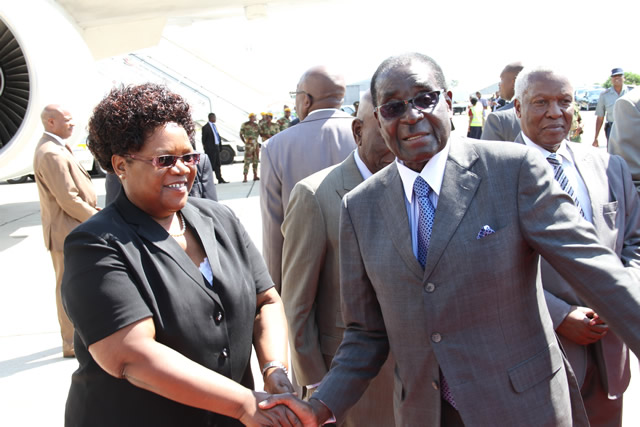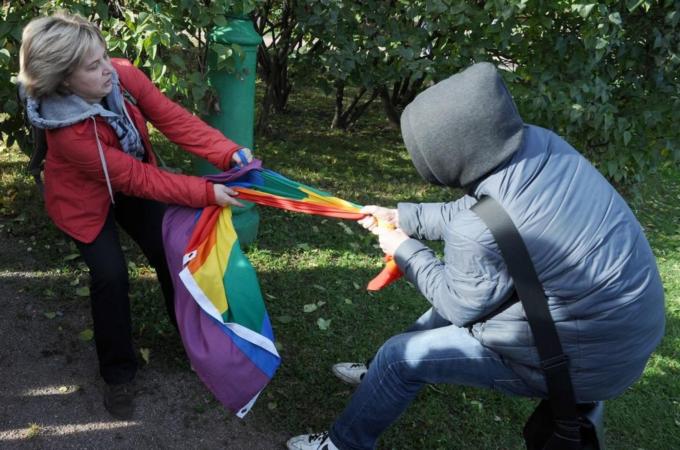by Michael Yoakum
Impunity Watch Reporter, North America
WASHINGTON, D.C., United States – Focus over the government stalemate shifted to the Senate Saturday, where leaders are in talks to end the nearly two week shutdown. Word of negotiations between Senate leaders from both parties came in the wake the Senate’s rejection of a bill that would increase the government’s debt ceiling.

Talks between Harry Reid and Senate Minority Leader Mitch McConnell on Saturday were their first face to face meetings in four months and their first in person negotiation about the government shutdown.
“The conversations were extremely cordial but very preliminary of course – nothing conclusive, but I hope that our talking is some solace to the American people and to the world,” Reid said.
While resolving the shutdown appears a high priority for the Senate, the rare session held Sunday had one item on the agenda: resolve the debt ceiling issue before markets open on Monday. A near party line vote on Saturday failed to pass an increase to the debt limit problem. Conservative members of the Senate cited the lack of clear plans to cut spending as reason for voting against the bill.
“This bill would have taken the threat of default off the table and given our nation’s businesses and the economy the certainty we need,” the White House said in a statement.
In the wake of Congressional debate over the shutdown and debt ceiling, many Americans have taken notice of the role of the federal government in their daily lives.
Political leaders from both parties have taken to characterizing the nature of the shutdown in a way that highlights their differing views of the role of government. President Obama highlighted the federal government’s role as a source of jobs for hundreds of thousand of Americans as well as a place for farmers and small business owners to obtain loans.
Conservative members of Congress have used the shutdown as a demonstration of the impact that a smaller government would have on Americans.
Marsha Blackburn, a Republican House member from Tennessee said, “People are going to realize they can live with a lot less government.”
For more information, please see:
ABC News – Shutdown Driving Debate Over Role of Government – 13 October 2013
The Economic Times – Shutdown debate moves to US Senate as debt deadline creeps up – 13 October 2013
Al Jazeera – Government shutdown: Senate takes center stage in budget debate – 12 October 2013
BBC News – US shutdown debate shifts to Senate – 12 October 2013
The Washington Post – Government shutdown debate grates on Congress members’ moods – 12 October 2013


